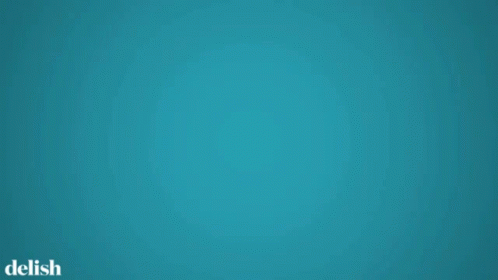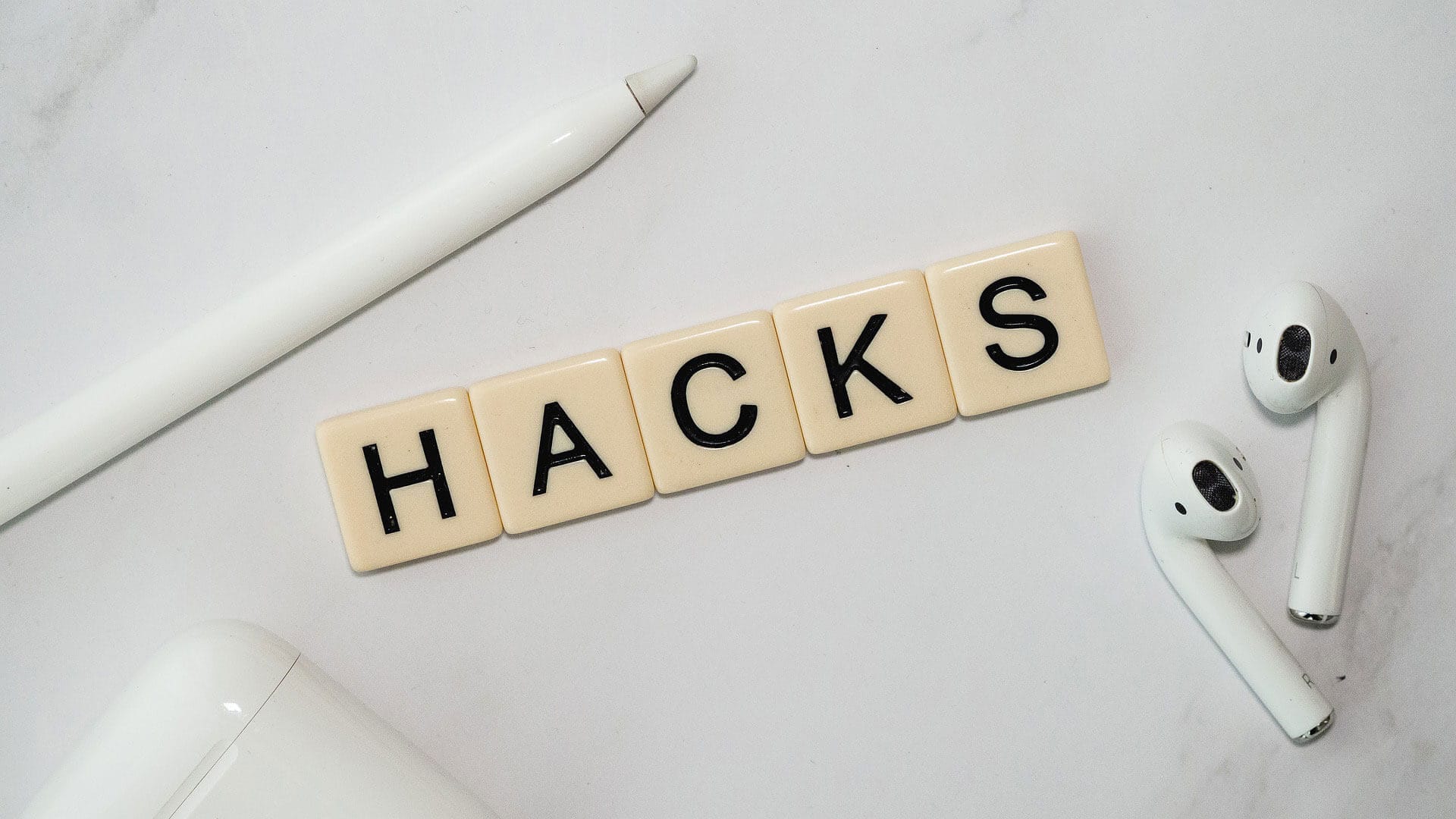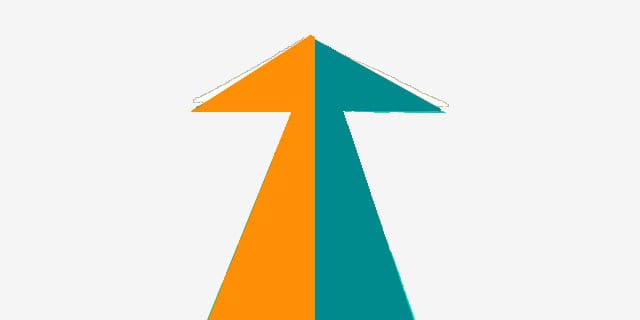Sustainability and climate change
Life hacks can help us see the importance of prioritizing tasks and removing those that don’t add value, and the SET technique helps determine which tasks are essential based on their capacity to add value to our lives.
Life hacks might seem like a relatively new fancy phrase, but humans have been seeking to life hack their life for centuries.
Why? We are wired to preserve energy for our survival, so whenever there’s a way to do something faster or easier we tend to seek it and ingrain it.
The Envisionary is a big advocator of general time-saving life hacks, but this article is not about the small or trivial quick life hacks (such as using a rubber band resourcefully in many different ways). It’s about the larger efficiency life-hacking can create in our life.
Before we can embrace the power of life hacks, how life hacks can improve our creative potential, we need to truly define what a life hack typically is, and how it should be used, and why there really is only one fundamental life hack that you will ever need.
What Is A Life Hack?


There are a few definitions out there. Wikipedia’s ‘any trick, shortcut, skill, or novelty method that increases productivity and efficiency, in all walks of life’ to Google’s Oxford dictionary definition of ‘a strategy or technique adopted in order to manage one’s time and daily activities in a more efficient way’.
You can see how a quick search of what a life hack is sums it up as ‘time-saving techniques’, but what we are really talking about when we go under the surface is how life hacks help us ‘work smarter, not harder’.
This is where the problem with lifehacks comes in. Just because we can it doesn’t mean we should. Lifehacks should be making our lives easier, and more efficient, but this isn’t always the case.
Why We Tend To Lifehack Everything Even When We Don’t Need To
With the benefit of hindsight, we often see that there are life hacks that we thought we needed but which actually just added to our task list to look busy, and this is increasingly so in our modern age.
Technology has made life convenient and easier, but also left us in a position where we are plugged in all the time, so we find it much harder to take a second to think about whether or not we actually need to do something or not. We just run around in a rat race unconsciously most of the time.
Just because we can it doesn’t mean we should
We chop away at the low-hanging fruit, often on autopilot, sometimes understandably, other times again just to (subconsciously) look busy. We have been conditioned by societal expectations to keep climbing higher (the mountain-top approach to life).
So, what can we do to change our habit of thinking we have to life hack everything to be quicker, so we can be even busier just doing more?
Well, it comes back to ‘working smarter, not harder’.
For example, we may put our life-hacking minds on and think we need to automate our whole phone or response system, but do we?
When it takes longer to set up something than it does to just focus on what you need to do by simply writing it down on paper and then just doing it, right then, then something is wrong.
However, the wonderful Nike slogan of ‘Just Do It’ has often become ‘Just Automate It’ (or ‘Just Digitalise It’) today. It leads us to not actually ‘doing’ as much through our day because we spend so long ‘setting up’ instead of actually doing.
Not only does it take us away from the personalised human touch, but it also leads us towards this ingrained notion that we need everything ‘set-up’ before really starting, like spending an age on the ‘aethestics’ of a business rather than focusing on that 20% than delivers 80% of the outcome.
It’s not like we only have a few things to set up either. Today, there are so many tools to be more productive, that we can end up being less so because we end up being thrown in so many directions and have trouble deciding which is right for us.
We may go through each app seeking the ‘perfect’ one and hoping it will make our life so much easier when we find it, ignoring how much time we have actually spent trying to find it, set it up, and then finally use it, only to find we stop using it a couple of weeks later anyway, or don’t really need it at all.
It just takes time away. We could get things done by minimizing the setup, less chat, and more action (so to speak).


Yes, there’s an app for everything these days, but do we really need that many?
In our quest to lifehack our way to (ironically) find ‘more’ free time and energy, we not only lose time and energy but we become less human in the process of automating or life hacking every fragment of our life.
Do We Need To Simply Power Off For A While?
Do we need to have lists and lists of things we aspire to do one day if it only makes us more disheartened when we look at the list the next day and there’s more added to it rather than less? Do we need a method or toolkit to fix something that ‘might’ happen one day, but probably won’t? Do we really need to ‘fix’ something that isn’t broken?
Sure being resourceful at times can be a good skill to develop, and there are many life hacks that can be seen as quick, little resourceful boosts to our day, but it’s the mindset of life hacking everything that can lead to a busy, frantic life when we actually need the opposite.
Take the low-hanging fruit principle. There’s meant to be a method in it. It’s meant to help us form a habit of action through ticking things off, but what’s the point if the task is meaningless to our goal anyway? It just leads to ‘precrastination’.
So, how can you change this, instantly?
It’s easy to say, just stop! Stop trying to automate your life. However, we will continue to be bombarded by life and the many digital products and services that are thrown in front of us on a daily basis (even more so in the future with more apps than we can ever need).
We talk about how we need to meditate to calm ourselves down. A useful practice, but arguably a temporary fix, as it doesn’t address the need in learning how to organise our digital lives more efficiently in the long-run.


We are living in a state of information overload, every day (it’s one of our 8 biggest modern social issues).
We often don’t even know when we get caught in a trap. We can think we are in a flow of productive thinking, only to be whisked into a digital vortex (enter Youtube binge or social media thumb scrolling here). We can turn things off for a while, but we will inevitably have to turn them on again, and the trap remains.
The same goes with our sense of life-hacking solutions to improve our life efficiency. The irony is that we life hack because we feel overloaded and feel we need ways to open up ‘more’ time, rather than life hack to remove clutter and gain time and space to have open. It’s this modern technology and rat race mentality that keeps sucking us back in to squeeze more of what we think we need into our day.
Years ago most of these products or services didn’t exist, and we didn’t need them to feel alive or successful, but now we feel we do because our lives are becoming more digitalized than ever. So much so that when our phone battery goes we panic and wonder how to on earth to function in life.
We are also losing certain motor neuron skills and our ability to think critically is arguably getting worse, despite entering a time where creativity and critical thinking will be more important than ever.
Yet, with all that said, we can do something about it.
The Only Lifehack You Will Ever Need: A Simple Technique
To think smarter, we need to consider whether an action we take adds value.
It’s as simple as that. If something adds value then it’s worth the time spent on it, if it doesn’t then why are we doing it?
Value includes downtime: to unwind, to rest, to laugh. There are many benefits in doing so, but it’s not about being bone-idle or over-procrastinating, but utilising our time and energy optimally.
We may think being busy busy busy will lead to a better life later on, but it depends on how we optimise our use of time.
Here’s a harrowing fact, a wake-up call. Often what we do now doesn’t lead to a better life later, it just fills up the time and energy we have now. It takes away from a better life now. And this is because we didn’t optimise our time around a vision or a goal we actually wanted, we didn’t consider the real value.
If something adds value then it’s worth the time spent on it
So what can we do?
THE ‘SET’ TECHNIQUE
Try this simple life hack / technique in your day and you will be thankful for the time and energy you soon get back.
Every morning before you start your day (or evening before bed), for the next 5 days, cut out at least one thing in your task list. Throughout your day when you feel overloaded, instead of immediately seeking to ‘lifehack’ the process to convince yourself that it will help in the longrun, think about what value this action will have on you if NOT done. If it won't really affect your desired outcome then simply don't do it. Continue to proceed like this in your day when things start to build up. Cut something else out. Only add back to the list if you feel value disappear without it after a while.
It’s not actually the ‘doing’ that makes us feel better, it’s often the crossing off of a to-do list. The feeling that we are getting things done.
We have to trick our minds to think that we already have things done. The energy it releases is massive, even from actively doing nothing. The earlier we do this in our day the better.
We may have heard how we should wake up to ‘eat the frog’. a tough task to accomplish at the start of the day, but we also need to free our mind from thinking we have too much to do.
Our mind works well with 3 or less. It’s been proven how we can accomplish far more with 3 things in mind rather than 8. So, if we have a todo list a mile long our mind will simply shut off as it won’t know how to prioritise.
Think of it this way.
Can you organise this list of fruit into alphabetical order? Banana, Carrot, Apple.
Easy right. Your mind doesn’t even have to think. It simply visualises it in the right order.
Try again with a list of 20 fruits mixed up. You may get through a few of them and have to start again or double-check you’ve got it all right. We can only keep in mind a few things at once, at most. We might process billions of bits of information in the background (such as sense and meaning of our surrounding environment), but we can only consciously concentrate on very little until it becomes a state of confusion.
Now consider that list again, and think about having to buy all of them. It would take time to find them all, they would be more expensive than getting just 3, and you’d likely not even get through a few of them before they go rotten.
This is what we do with our brain each day in modern life. We create needless waste because we think we need to have it all (thanks Facebook for the dopamine rush addiction). We tend to life hack the same way, thinking we have to find better ways for things we don’t even need in our day, rather than getting into an early habit or prioritising and eliminating what we just don’t really need to do, and helping our brain.
When our todo-list is smaller it doesn’t feel as overwhelming to do the other things left on it. Even if you don’t keep a to-do list the same method applies. Just cut out tasks you think you need and then free up more space, energy, and time, which Get Less Done calls your SET list.
What will happen is that you will very quickly learn what is actually needed, or isn’t as you consider the value it creates.
If you crossed something off and it is still grinding on you weeks later then it is clearly of value to your life to do it. So, add it back to your list, or delegate it to others if not possible to do by yourself.
How Does This Technique Help Me With Lifehacking?
Some might be asking. Isn’t this the same as the Pareto Principle 80/20 rule?
There’s merit in those methods, but this technique differs in that it isn’t focusing on the consequences/causes relationship the Pareto principle does. The SET technique focuses on the value and efficiency aspect to our lives (a core drive behind Get Less Done).
Its focus is on developing a work smarter lifehacking mindset first, before going all gung-ho ahead into lifehacking.


Why is this important?
This is really the most important lifehack you will need because without this mindset you won’t be able to see whether you need to lifehack something else or not. You may just do it mindlessly and then realize later that it didn’t help you add value today, after you’ve dedicated precious time and energy to it.
You won’t be thinking efficiently at the start, but will carry the bad habit through too, as without a value-first mindset (rather than results orientated with the Pareto Principle) will likely end up filling their ‘freed-time’ with other life suckers i.e. thinking we need so much to be successful in our goals when we don’t.
That will just defeat the point, and it’s why this SET technique focuses on building up a ‘quality bank’ for the space, energy, and time you managed to accumulate through NOT doing something you thought you needed. It’s consciously taking control of what we DON’T need.
When we focus on what is NOT needed we find there’s a lot less that actually needs to be done to take us where we want or need to be (we simply get more done when we don’t try to do everything). When we always focus on what needs to be done we end up filling up our available resources regardless as our mindset is programmed to do without thinking first.
It’s like how many people will end up packing their suitcase full for a trip regardless of its size. The tip there, get a smaller suitcase!
So, the ultimate life hack is really about managing the way we consciously consider utilising other life hacks better, by cutting out things that don’t add value and freeing up time for the things that do add value, in both life and work!
Worried that cutting out too much will lead to limited progress? Well, there’s a technique called varied repetition that will ensure you do. Not sure what really adds value to your life? This could be different for everyone, but these ’10 key ways to add value to your life’ is a good place to start. Not sure which apps are right for you to be able to get more done with less? Read this article on how to find ‘the app’ you need quicker.









